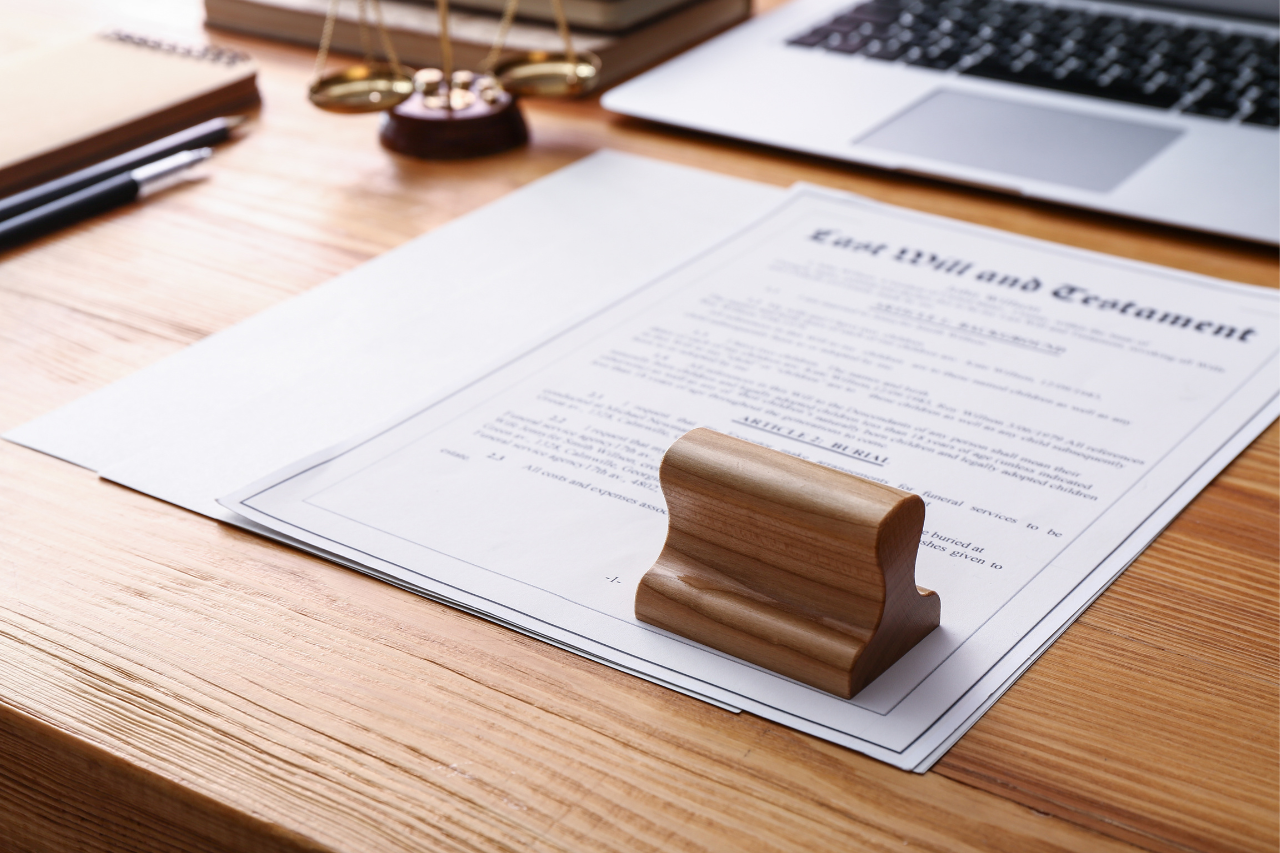Wills
Wills

Wills
Wills for Muslims
Types of Muslim Wills in the UAE
- Sharia-Compliant Will (for non-heirs):
Allows the testator to allocate up to one-third of their estate to non-heirs or for charitable purposes, such as donating to a mosque, supporting a student, or establishing a charitable endowment. - Debt and Trust Repayment Will:
Directs the settlement of outstanding debts or return of entrusted items after death, with priority over inheritance distribution. - Will to Appoint Guardian for Minor Children or Estate:
Used when minors or unmanaged assets are involved, the testator appoints a trusted person to manage affairs until the beneficiaries reach legal age. - Instructions for Specific Actions After Death:
Includes donations, pilgrimage on behalf of the deceased, or specifying burial arrangements.
Conditions and Procedures for Wills in the UAE:
- The will may not exceed one-third of the estate unless all heirs approve the excess after death.
- A will for an heir is not valid unless approved by all other heirs.
- The will must be officially notarized by the public notary or Sharia court.
- It is recommended that the will be signed in the presence of two just witnesses to ensure validity and acceptance.
Our Services Include:
- Providing Sharia and legal consultations on wills.
- Preparing Sharia-compliant wills in accordance with UAE laws.
- Coordinating with the public notary for official notarization.
- Overseeing execution of the will after death in compliance with legal and religious procedures.
ــــــــــــــــــــــــــــــــــــــــــــــــــــــــــــــــــــــــــــــــــــــــــــــــــــــــــــــــــــــــــــــــــــــــــــــــــــــــــــــــــــــــــــــــــــــــــــــــــــــــــــــــــــــــــــــــــــــــــــــــــــــــــــــــــــــــــــــــــــــ
Wills for Non-Muslims in the UAE
The UAE allows non-Muslim residents or investors to officially document their wills and determine how their assets will be distributed upon death, instead of defaulting to Islamic law. Notarizing the will is a vital legal option that ensures asset protection and respects personal succession preferences, especially in a multi-national and multi-cultural society.
Non-Muslims can register their wills through the public notary in the relevant court, or through centers such as the DIFC Wills and Probate Registry in Dubai, which is internationally recognized and governed by Common Law.
Types of Wills for Non-Muslims in the UAE:
- Single Will:
Submitted by one individual to organize the distribution of all assets in the UAE, including real estate, bank accounts, shares, and personal property. - Mirror Will:
Commonly used by married couples to create two identical wills, where each spouse bequeaths to the other, followed by the children. - Full Will:
Covers all of the individual’s assets within the UAE, identifies heirs, appoints an executor, and names a guardian for minor children. - Partial Will:
Applies to specific assets only, such as a particular property or bank account.
Benefits of Notarizing a Will for Non-Muslims:
- Avoids automatic application of Sharia law to the estate.
- Clearly identifies heirs in accordance with the testator’s wishes.
- Protects the interests of spouses and children, particularly in cross-national families.
- Streamlines inheritance procedures and reduces the likelihood of disputes.
- Allows appointment of an executor and legal guardian for minors.
Steps for Will Registration:
- Consultation with a Notary:
It’s advisable to seek legal guidance before starting the registration process to ensure compliance and clarity. - Identification of Heirs:
The testator must clearly list all intended heirs and their relationship. - Asset Distribution:
Specify the share of each heir and the nature of the assets to be distributed. - Appointing a Guardian:
A legal guardian can be named to manage assets and care for minor children. - Special Conditions:
The will may include specific stipulations, such as requiring the heir to marry or complete education. - Official Notarization:
The will must be signed by the testator and two witnesses and notarized by the public notary. - Will Preservation:
The notary retains the will in official records. Heirs can access the will after the testator’s death through legal procedures.
Expert Lawyer
Receive guidance from highly qualified and experienced legal professionals.
Fast Support
Prompt and efficient assistance tailored to your legal needs.
Lowest Cost
Exceptional legal services delivered with cost-effectiveness in mind.

